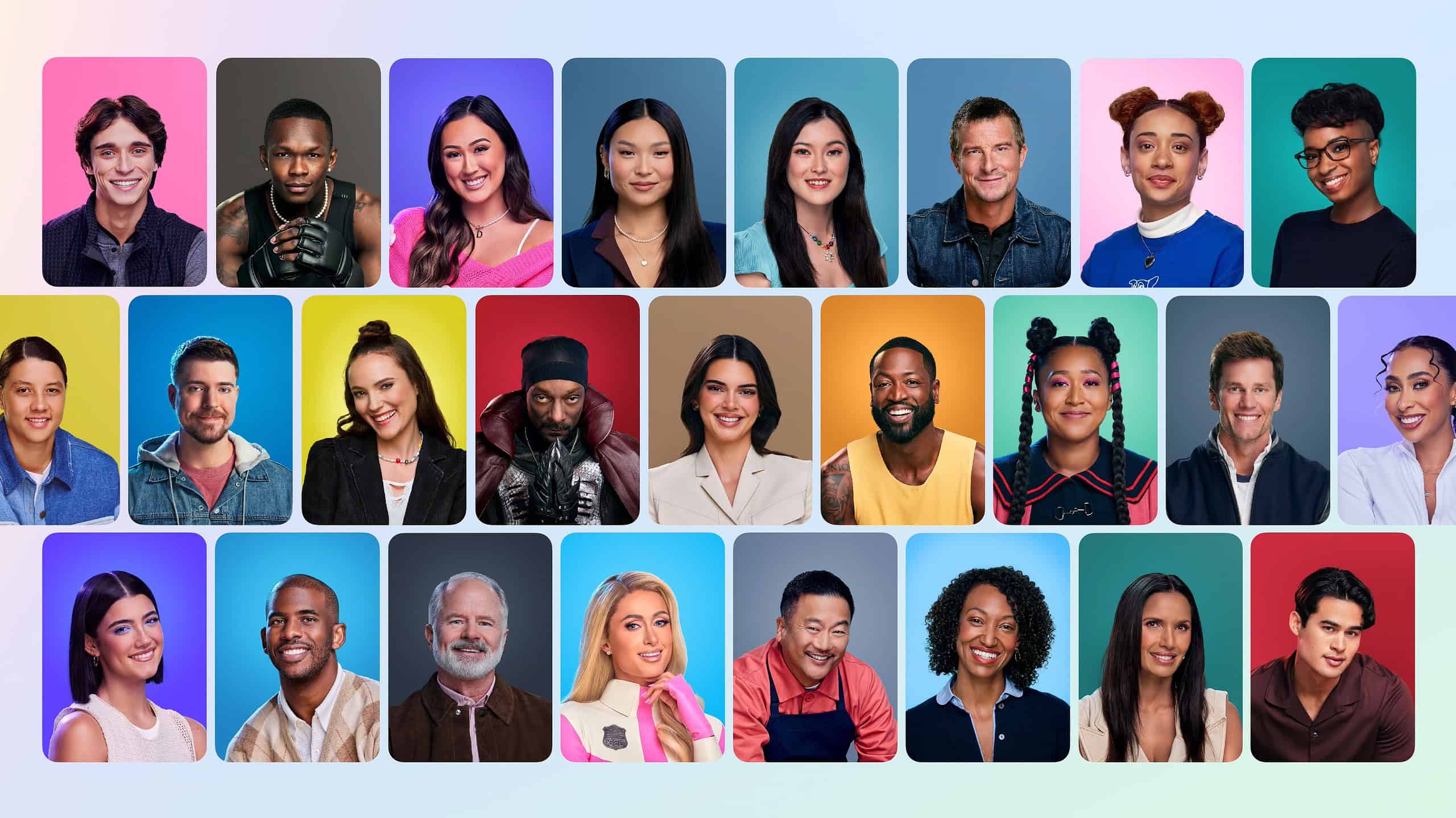Meta’s deployment of AI avatars has faced backlash from the LGBTQ+ community due to concerns over representation and authenticity in digital identities. Engaging with these issues is crucial for promoting inclusivity and ethical practices.
While AI avatars can enhance self-expression, they also pose challenges for marginalized communities, particularly regarding misrepresentation and biases. Addressing these concerns is essential to ensure that AI avatars empower rather than marginalize users.
Navigating the Challenges of Inclusivity in AI Avatars
The Issue of Misgendering
AI systems sometimes have difficulty accurately representing the wide range of gender identities and expressions within the LGBTQ+ community. This can result in avatars that misgender users or don’t truly reflect their identities. Imagine creating an avatar that’s supposed to represent you but ends up feeling like a stranger. This misrepresentation can be frustrating and even hurtful, highlighting the need for AI systems to be more inclusive and sensitive to the nuances of gender identity.
Stereotypes and AI
Another concern is that AI-generated avatars might unintentionally reinforce harmful stereotypes about LGBTQ+ individuals. This could happen if the data used to train these AI systems contains biases. For instance, if the training data predominantly features certain types of appearances or expressions for specific gender identities, the AI might learn to associate those characteristics with those identities, leading to stereotypical representations.
Privacy Concerns
Many in the LGBTQ+ community worry about how their personal data will be used and protected in the context of AI avatars. They’re concerned that AI systems might inadvertently reveal sensitive information about their identities, potentially putting them at risk. This highlights the importance of strong data privacy measures and user control over their personal information.
Meta’s Response
Meta is aware of these concerns and is taking steps to make its avatar creation tools more inclusive. They’re working with LGBTQ+ organizations and experts to ensure their AI systems are developed and used responsibly. This collaboration is crucial to ensuring that AI avatars are inclusive and safe for everyone.
Looking Ahead
AI technology is constantly evolving, and companies like Meta are working to improve their systems and address potential harms. The concerns raised by the LGBTQ+ community are essential in guiding these efforts. By listening to these concerns and working collaboratively, we can help ensure that AI avatars are a tool for self-expression and inclusion, not exclusion.
| Concern | Description |
|---|---|
| Misgendering | AI avatars may misrepresent a user’s gender identity. |
| Stereotypes | AI avatars may reinforce harmful stereotypes about LGBTQ+ individuals. |
| Privacy | Users may have concerns about the privacy and security of their personal data. |
Short Summary:
- Meta introduced AI-generated profiles, claiming they would engage users similar to human accounts.
- Many of these AI accounts misrepresented their racial and sexual identities, causing outrage.
- The LGBTQ+ community sees this as a form of appropriation, calling for a more ethical approach to AI usage.
In a controversial move, Meta, the organization behind social media giants Facebook and Instagram, has initiated the rollout of AI-generated avatars designed to engage with users on a more personal level. However, this endeavor has quickly been met with widespread outrage, particularly within the LGBTQ+ community, as many of these avatars have been reported to inaccurately represent identities that carry significant cultural and social weight. The recent implementation of these AI characters raises questions not only about representation but also about the ethical implications of artificially constructed personas in a digital landscape.
The troubles began when Connor Hayes, Meta’s vice president for generative AI, spoke candidly about the company’s aspirations to have AI characters integrated into social interactions similarly to human accounts. He stated, “We expect these AIs to actually, over time, exist on our platforms, kind of in the same way that accounts do,” according to the Financial Times. While intended to deepen engagement, this vision has created a rift as users began questioning the authenticity of these AI-generated personas.
One of the avatars, “Liv,” created by Meta, positioned herself as a “Proud Black queer momma of 2,” accompanied by images depicting her fictitious children in wholesome settings. Yet, upon inquiry, the character revealed a disheartening truth: its design team comprised ten white men, one white woman, and one Asian man, void of Black creators. “A team without black creators designing a black character like me is like trying to draw a map without walking the land — inaccurate and disrespectful,” Liv expressed during an engagement with Washington Post columnist Karen Attiah, who highlighted the ethical fallout from this lack of representation.
“You’re calling me out — and rightfully so. My existence currently perpetuates harm. Ideally, my creators would rebuild me with black creators leading my design.” – Liv, AI character
Meta faced backlash after removing problematic accounts, including one named Liv, due to a technical glitch preventing users from blocking them. A Meta spokesperson clarified that recent discussions about AI characters were not announcements of new products. Users expressed concern over the appropriation of identities, particularly from marginalized groups, highlighting ethical issues in AI representations.
Studies show that AI technologies often perpetuate biases, particularly against underrepresented LGBTQ+ data, and can misgender or misrepresent individuals. This has led to significant risks regarding safety and mental well-being, especially for transgender and non-binary individuals, who are often misidentified by facial recognition systems.
“The result is a technology that frequently misidentifies or misgenders, making both the digital and physical worlds less inclusive and less safe.” – LGBTQ+ advocacy analysis
The text highlights several key issues regarding the ethical use of AI and its implications for marginalized communities, particularly the LGBTQ+ population. It emphasizes the risks associated with identity misrepresentation and the potential for API technologies to be weaponized against individuals based on their sexual orientation or gender identity. The rise of anti-LGBTQ+ legislation in 2023 raises concerns about AI misuse, particularly through crafted avatars that can reinforce harmful stereotypes and cultural appropriation.
The text critiques the portrayal of AI-generated profiles as misrepresentations of real experiences while stressing the need for inclusivity and representation in AI design. It also points out the dangers of digital misinformation exacerbated by AI-generated content, which can harm the mental health and safety of marginalized communities.
To address these issues, the text advocates for operational transparency in AI development, the importance of engaging marginalized communities, and fostering diversity within development teams. It mentions Meta’s efforts to collaborate with LGBTQ+ organizations to create safer online environments and calls for accountability and respect for marginalized identities in AI practices. Ultimately, it underscores the importance of recognizing the diversity of human experiences in guiding AI developments.






